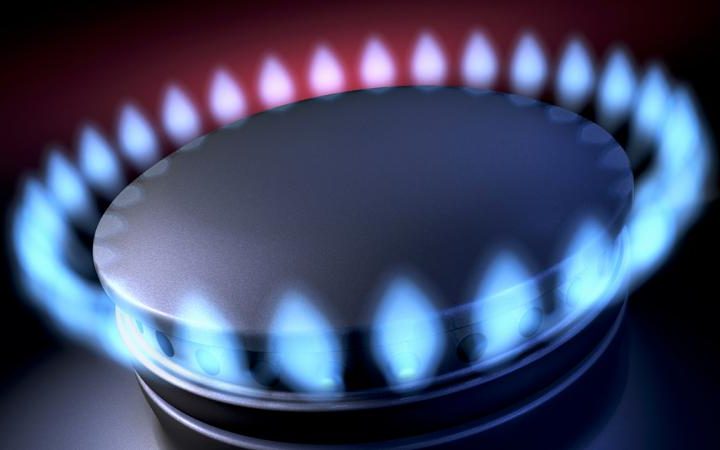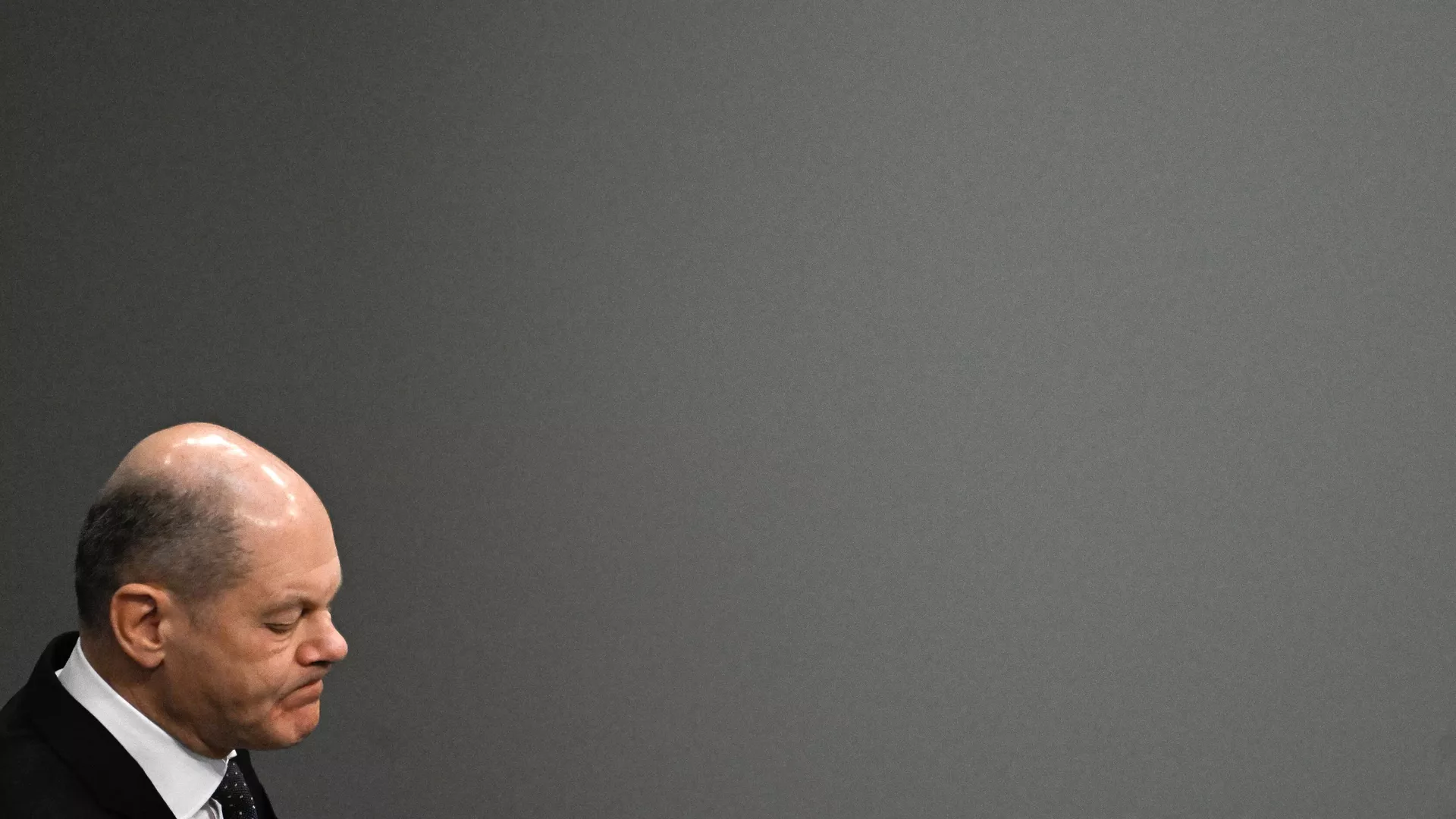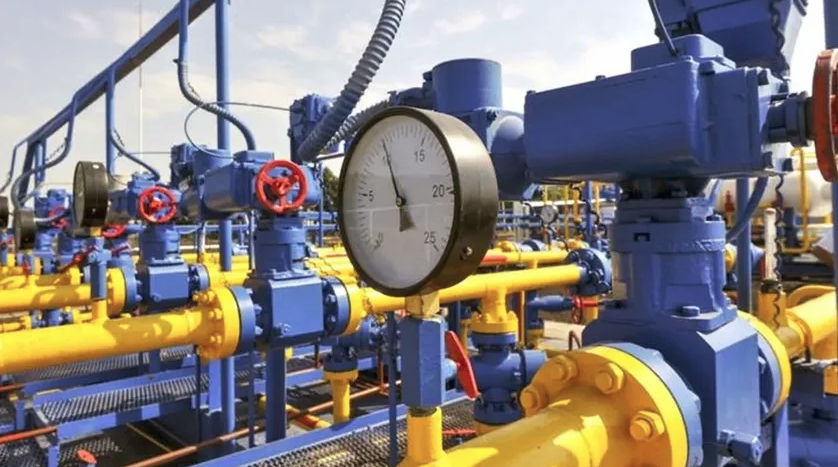Chancellor Scholz announces a VAT cut on natural gas – which does exactly the opposite of what is needed now. In this way, the government lowers the incentive to save energy and provides the greatest relief for the rich.
Olaf Scholz prefers not to answer questions on this Thursday lunchtime; immediately after his statement, the Chancellor steps down. Yet he has just announced to his people what is supposed to be good news, true to his new mantra: “You’ll never walk alone.”
Scholz’s traffic light coalition wants to lower the value-added tax on natural gas: from 19 to 7 percent. Until March 2024, as long as the gas levy just passed by the traffic light coalition is also to be levied. This will make the fuel cheaper for all private gas consumers by a good tenth.
- The Great London Fog: An Environmental Disaster That Killed 12,000 People
- Who is Barbara McClintock?
- Cola Consumption is Associated with Oxidative Stress and Memory Issues, According to a Rat Study
That is precisely the problem.
Tax cut – the word always sounds good. This one raises all kinds of questions that the Chancellor should actually be asking himself.
For example, the question of why his government first levies a new consumption-based gas procurement surcharge – and then, not 72 hours after announcing it, tries to neutralize it again or even overcompensate for it, as Scholz is now promising. If it had done so, it could have saved itself this surcharge right away.
Above all, however, it is questionable why Scholz and his cabinet are artificially fueling the consumption of natural gas by making the stuff more affordable. For months, they have been preaching to the people in Germany to save gas – so that there would be no emergency in winter and Putin’s power games would hit our community less hard. The most convincing argument for millions of consumers to turn down the heating and stove is high costs.
But the federal government is blurring that price signal. And it will do so for a year and a half. In the next two winters, of all times, when the danger of a gas shortage is at its greatest, it is artificially making gas cheaper. But the message should be the other way around: natural gas is extremely scarce, and therefore extremely expensive.
The next subsidy for fossil fuels
It is also questionable why the red-green-yellow coalition, which has taken up the cause of combating climate change, is now subsidizing another fossil fuel after its summer fuel rebate.
Just as with the fuel rebate, the taxpayers’ money is once again being poured out on those sections of the population that consume a certain fossil fuel: after gasoline and diesel, now natural gas. This is ecological nonsense – and economically and socio-politically questionable.
This is because, as with the fuel rebate, the biggest beneficiaries of the VAT action will be those sections of the population that consume the most. Such as owners of large private homes. Wealthy people, in other words. (Those who perhaps also have a swimming pool in the basement, which they then heat a bit despite the pool gas heating ban announced by the traffic light coalition, no one checks anyway). They are now subsidized particularly heavily; gas-dependent industrial operations, on the other hand, are not subsidized at all.
In addition, there is a danger that some gas suppliers will use the tax cut to make additional profits. As in the case of the tank rebate, in the course of which the mineral oil industry increased its margins even further.
the main source of the news: https://www.spiegel.de





